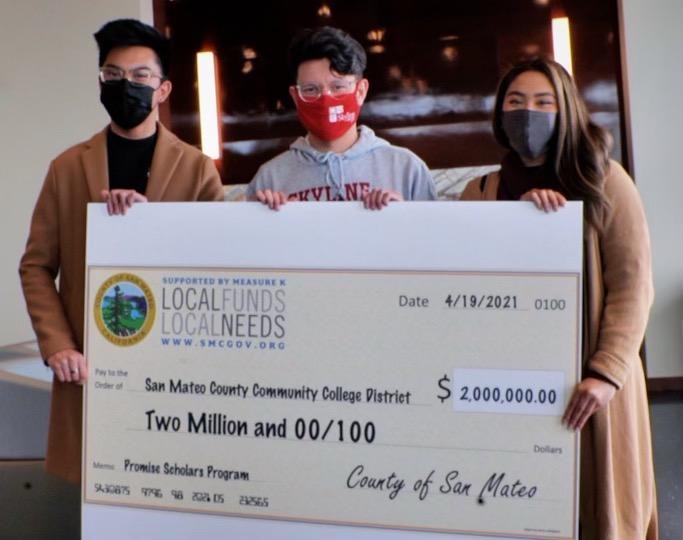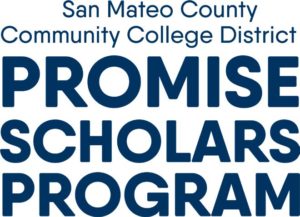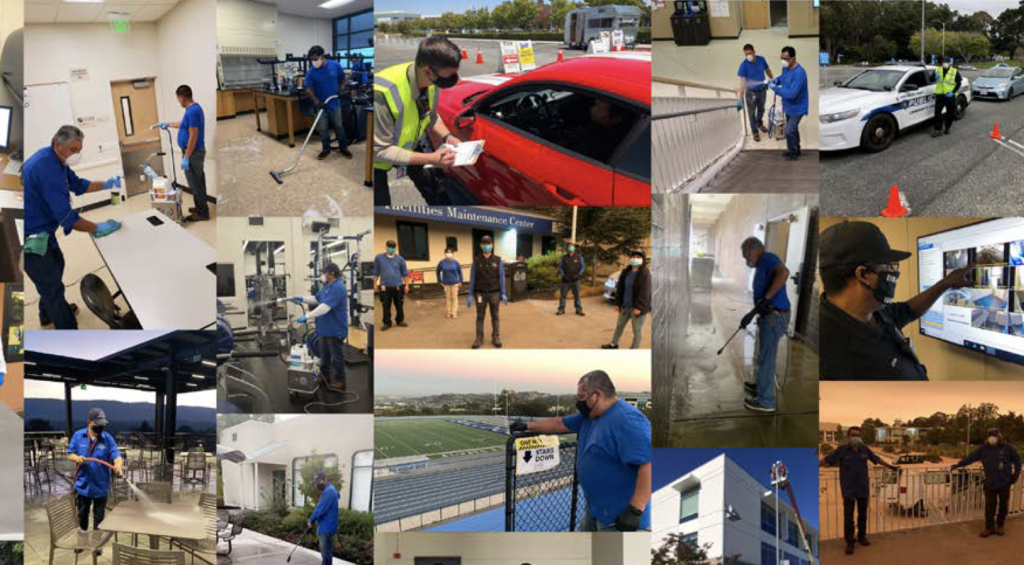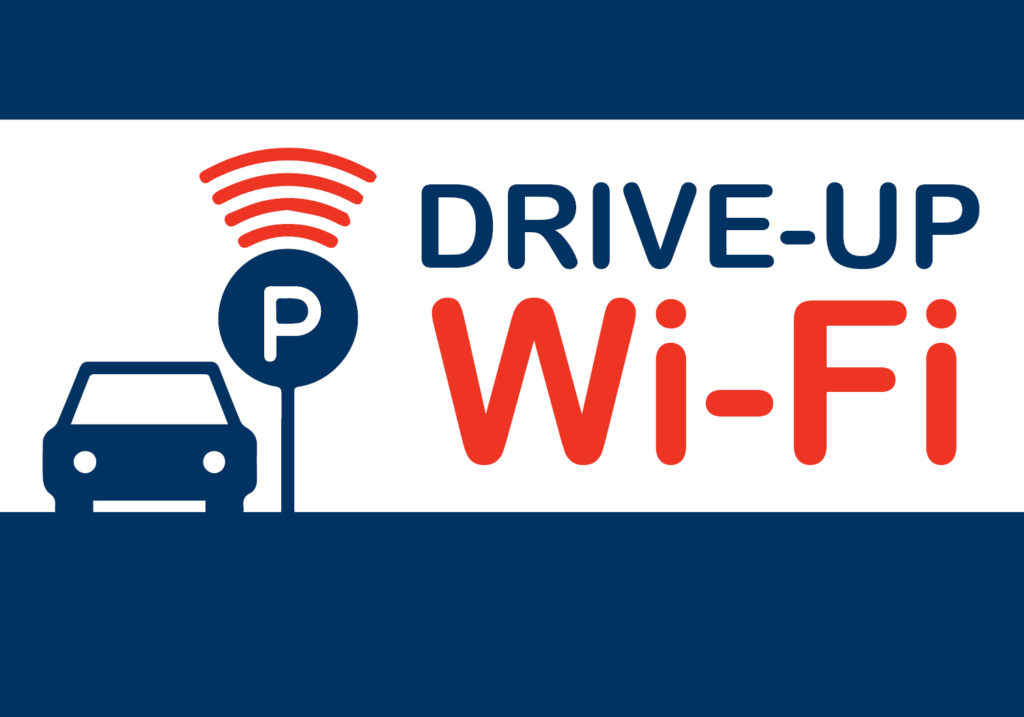Grant Provides Full Scholarship for 500 Local College Students
San Mateo, California – The San Mateo County Community College District announced today that the San Mateo County Board of Supervisors has funded a $2 million grant to the Promise Scholars Program at the San Mateo County Community College District. The grant pays for two years of tuition, books and fees for 500 local college students to attend Cañada College in Redwood City, College of San Mateo in San Mateo, or Skyline College in San Bruno. The grant is being allocated from County Measure K funds.
“We are investing in college and career training for 500 students in our county,” said San Mateo County Board of Supervisors President David J. Canepa. “This funding sends people to college, trains them for jobs, and helps accelerate the recovery of our economy.”
The Promise Scholars Program combines financial support with intensive counseling in a program that has been proven to increase college graduation rates. The program is available for first-time, full-time students at Cañada College in Redwood City, College of San Mateo in San Mateo, and Skyline College in San Bruno. Students receive full tuition and fees, as well as credit for $750 in books per year. The students also meet monthly with counselors who keep the students on track and arrange for other support if necessary. Participants in the Promise Scholars Program are more than twice as likely to graduate in two years than students not in the program.
This unique program recently received a grant of $2 million from County of San Mateo Measure K Funds to expand the program to 2,500 students districtwide. The program currently previously had capacity for only 2,000 students at the three colleges.
“The County has given a big vote of confidence in our community colleges and especially in our local students,” said SMCCCD Chancellor Michael Claire. “We know this program works, and we know this funding will help educate critical workforce for San Mateo County.”
The application for the fall 2021 Promise Scholars Program is open on WebSMART, and prospective students can find information about eligibility and applying to the program on the Promise Scholars Program webpage. Students must first apply to the college.
# # #








